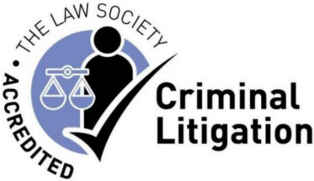Charging Interest on Late Bills
 Cash is king. If you do have unpaid bills, remember that it is your money your customers are holding onto. But did you realize that you have a legal right to charge interest on unpaid bills for business clients?
Cash is king. If you do have unpaid bills, remember that it is your money your customers are holding onto. But did you realize that you have a legal right to charge interest on unpaid bills for business clients?
To find out more about how our debt recovery team can help you and your business, simply call us now on FREEPHONE 0800 1404544 or Salisbury 01722 422300. Initial legal advice on the phone is always FREE.
Why charge interest on late bills is so powerful
Charging interest is a very powerful weapon in any credit control armoury – but it’s amazing how few businesses use it properly. In particular, it produces two big dividends:
- As your clients see their bill gradually mounting, it is a strong incentive to pay.
- If your clients do delay paying, then at least you get some return on the hit to your cashflow.
Your legal right to interest
There is no need to even refer to your right to charge interest in your terms and conditions – under the Late Payment of Commercial Debts (Interest) Act 1988, the ability to charge interest at 8% above Bank of England Base Rate is automatically implied into your terms and conditions (unless you set your own interest rate on unpaid debts). You can charge 8% above Bank of England Base Rate, no matter how large or small the debt. However if you do set your own rate of interest, the statutory 8% above Bank of England base rate does not apply – so be careful your own rate is not too excessive or your client could challenge your own interest rate at Court.
What is the rate of interest?
All you need to know is the Bank of England base rate on either June 30th or December 31st. If the debt arose sometime between July 1st and December 31st, the relevant Bank of England base rate is the one valid on the previous June 30th. Similarly if the debt arose between January 1st and June 30th, the rate is the valid one on December 31st.
When is the debt overdue?
You can begin charging interest 30 days after your supply of goods or services, or when the client received your invoice – whichever is later. You can however override that 30 day period by adding a clause to your own terms and conditions stating when interest becomes due, e.g. on receipt of your invoice.
How to calculate your interest
This is straightforward. If, for example, you billed £100, and your invoice remained unpaid for 50 days, and the debt fell due on September 30th:
- Check base rate on December 31st = say 2%
- Add 8% = 10%
- Calculate how many days the bill was overdue = 50 days
- Calculate annual interest: £100 x 10% = £10
- Calculate daily interest: £10 divided by 365 days = £0.0273
- Calculate interest due to you: £0.027 x 50 days = £1.37
Click here to find out more about how our specialist debt recovery service can help your business.













